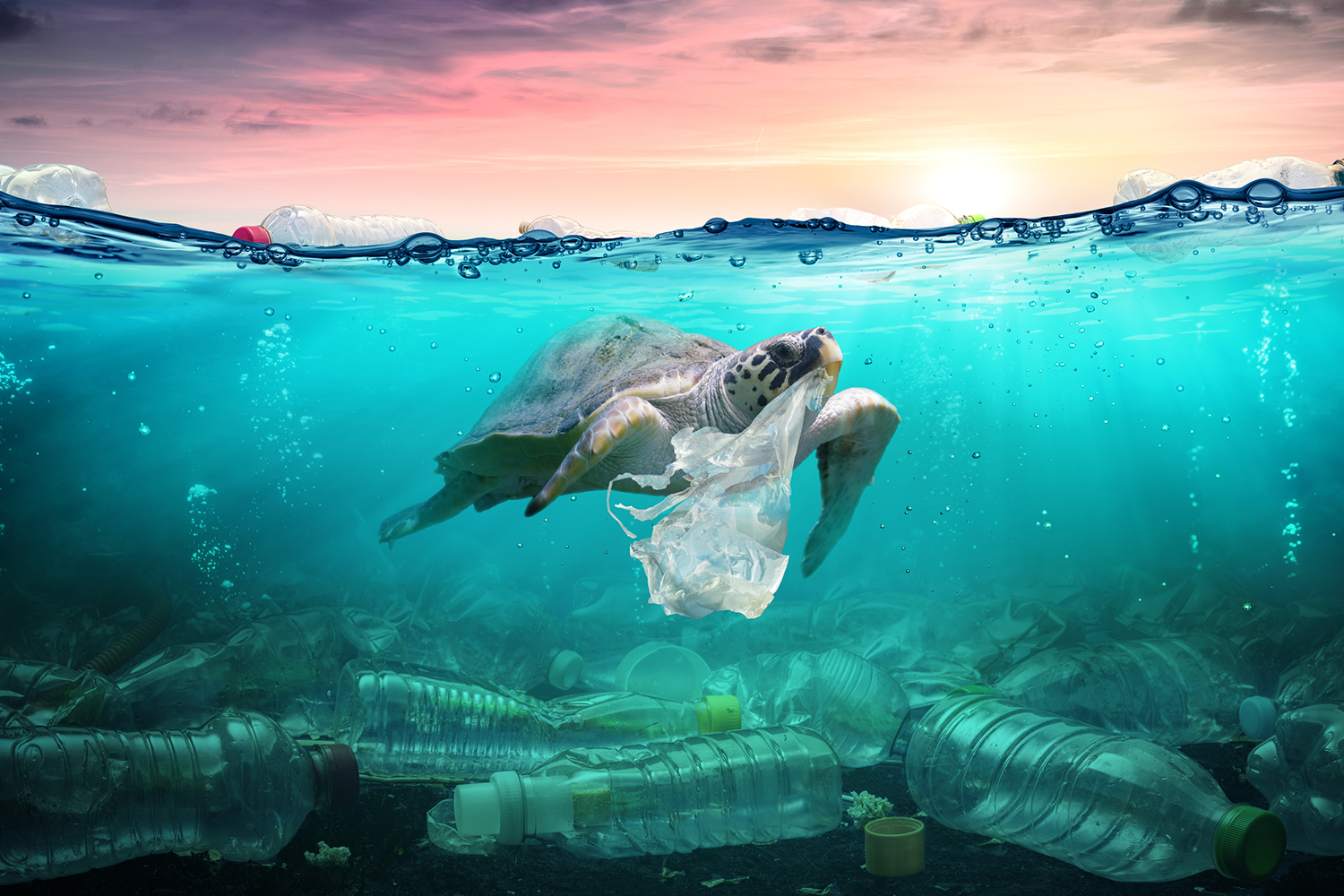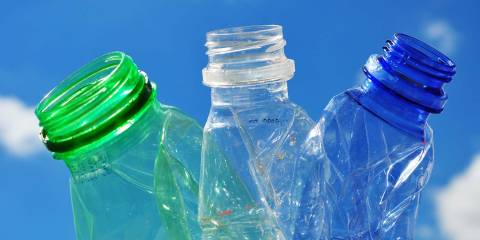It’s everywhere, even in the body. “Plastic particles have been found in human organs, blood, and placenta,” writes Liz Switzer of the Duke University School of Medicine. She says the average person eats, drinks, or inhales more than 120,000 plastic particles a year, or up to 5 grams of plastic per week, “the equivalent of a credit card,” according to Duke’s Jason Somarelli, PhD, assistant professor in the division of medical oncology.
Even the organic industry hasn’t escaped responsibility. “Plastic is the Achilles heel of the organic supply chain,” said Amber Sciligo, PhD, director of the Organic Center, at a recent conference sponsored by the center and the Organic Trade Association. The conference brought together many stakeholders to “define the challenges in reducing plastic use, identify research needs, highlight success stories, and discuss what needs to be done to solve this growing problem,” according to the center’s report.
Alejandra Warren, cofounder and executive director of Plastic Free Future, discussed reducing plastics along the organic supply chain. The Break Free from Plastic Pollution Act 2023, she said, will reduce toxins, pollution, and single-use plastics; require recycling; and hold companies responsible for their products, among other benefits.
Researcher Carol Miles, PhD, a professor of vegetable horticulture at Washington State University, presented work that she and colleagues are doing on the problems plastic mulch poses for organic farmers and the environment. Their projects include developing biodegradable cellulose based mulch (hydromulch)—to be sprayed on crops to suppress weeds and mitigate plastic pollution—and soil-biodegradable plastic mulch that’s tilled into the soil after use, eliminating waste and disposal problems.
Other speakers covered health problems, including breast cancer, caused by chemicals that leach into the soil and water; the lack of toxicology information on many chemical components of plastic; and the shortage of facilities to process plastics that are recyclable.





